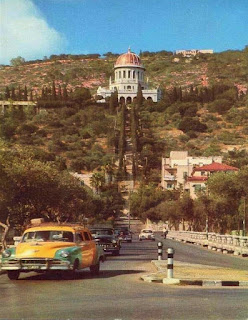From the book cover:
These pages will relate the story of Bahá'u'lláh, as well as the story of the retrogression of a nation under the yoke of the Qájárs.' With these words Mr. Balyuzi introduces this biography of the Founder of the Bahá'í Faith. The life and times of Bahá'u'lláh are presented in their historical setting both in Iran and in the world at large. Much of its story is taken from the unpublished memoirs of His companions who themselves observed the events they describe. Details are given of Bahá'u'lláh's ancestry and family, His several journeys when banished from Iran, with the names of those who accompanied Him to Constantinople and into the citadel of 'Akká; the horrific martyrdom of Badí, His messenger to the Shah; the background of the marriage of 'Abdu'l-Bahá, His eldest son; the machinations of the Azalís in Constantinople which brought Him anxiety and sorrow in His last years; and the closing months of His life at Bahjí.
Preface
Prior to anything else in this preface, I must express my
deepest and ever-abiding gratitude to the Universal House of Justice, the
Supreme Body of the Baha'i World Community, for their gracious encouragement at
every stage, without which this book could never have been written. I am also
most grateful for the approval accorded to I my translations from Scriptures.
Next, I wish to offer my sincere and grateful thanks to the Hands of the Cause resident in the Holy Land, for devoting much of their time to read and review for publication this book, which is the first of four volumes on the life and times of Baha'u'llah. This volume presents a complete biography.












